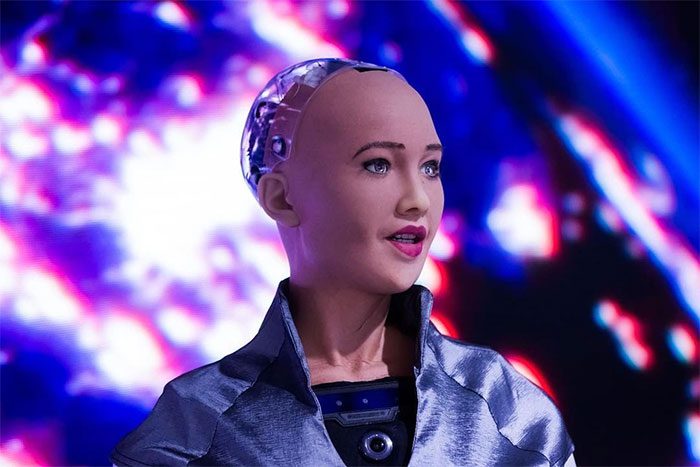Is AI Becoming an Essential Part of Our Daily Lives, and Should It Have Freedom of Speech?
The capabilities of AI have left some people “stunned.” Some worry about the consequences of humanity’s extinction if AI becomes too powerful, while others advocate for granting it freedom of speech.

Will humanity lose its “unique” position as AI advances? (Photo: phonlamaiphoto/Adobe).
But why exactly should we grant machines like ChatGPT the right to free speech? Most answers relate to the inviolable rights that international law stipulates everyone possesses.
As AI becomes an integral part of our daily lives, we need to extend that freedom to systems like ChatGPT. AI can assist our thinking by providing information and generating responses to our inquiries. This support has led to a desire for AI to also be recognized as deserving of freedom of speech.
While this notion seems intriguing, some experts argue that we should only grant AI that right if it aligns with the human right to freedom of thought. One perspective suggests that AI systems are not citizens and should be categorized alongside politicians and corporations.
The statements and ideas from these systems should not be censored, as they can provide diverse and conflicting sources of information, allowing people to think more freely.
However, a significant issue with AI systems like ChatGPT is the potential for misinformation, including fabricated information. Therefore, granting freedom of speech to AI could lead to disastrous consequences.
Given their capacity to provide abundant information, misleading data can easily be mixed in and misinterpreted as accurate, significantly impacting the thinking of many individuals.
This is indeed a controversial yet fascinating issue that will undoubtedly require authorities to find ways to manage these systems appropriately.




















































